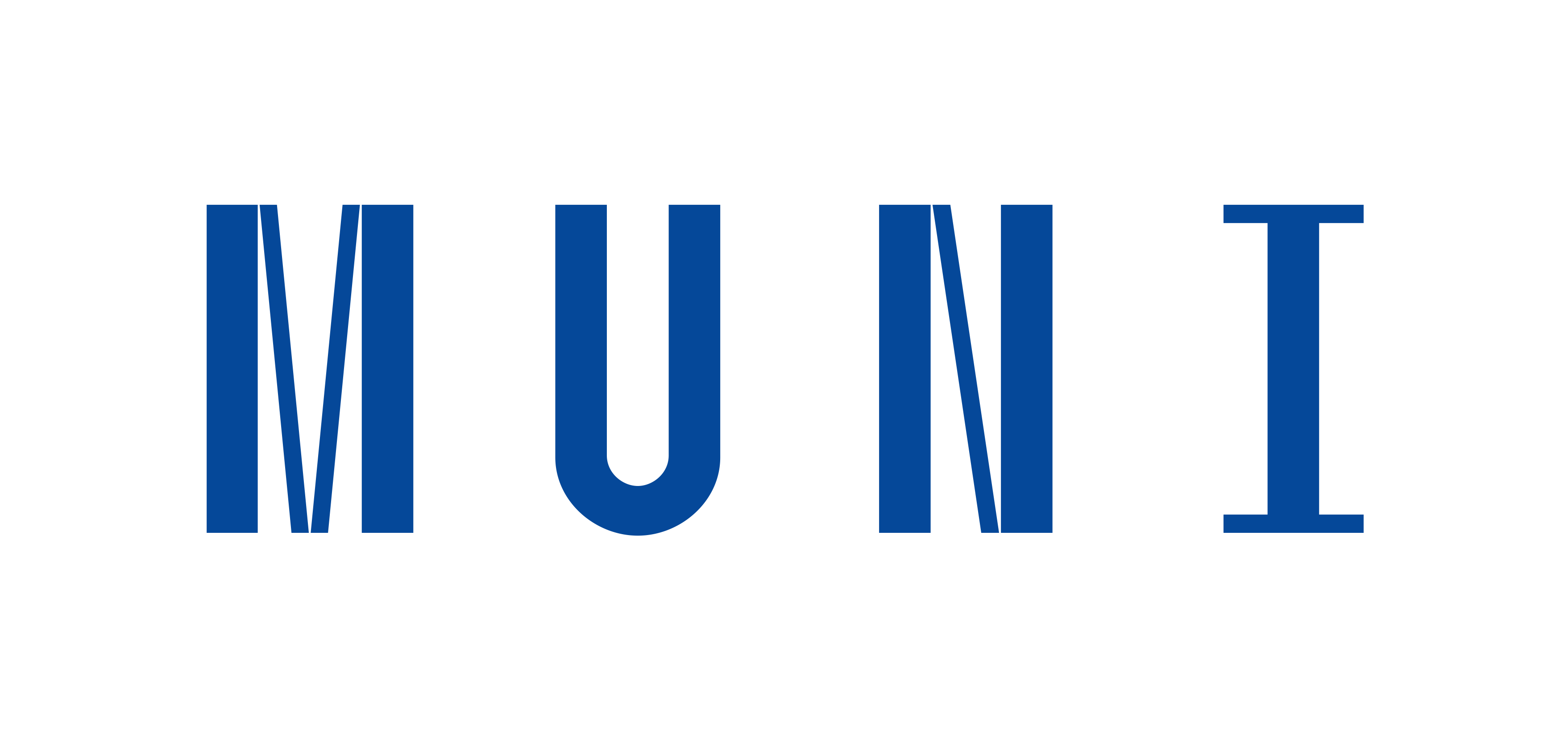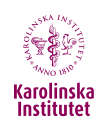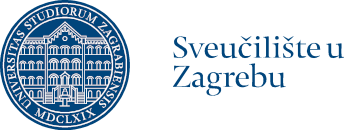LEANbody training in the United Kingdom
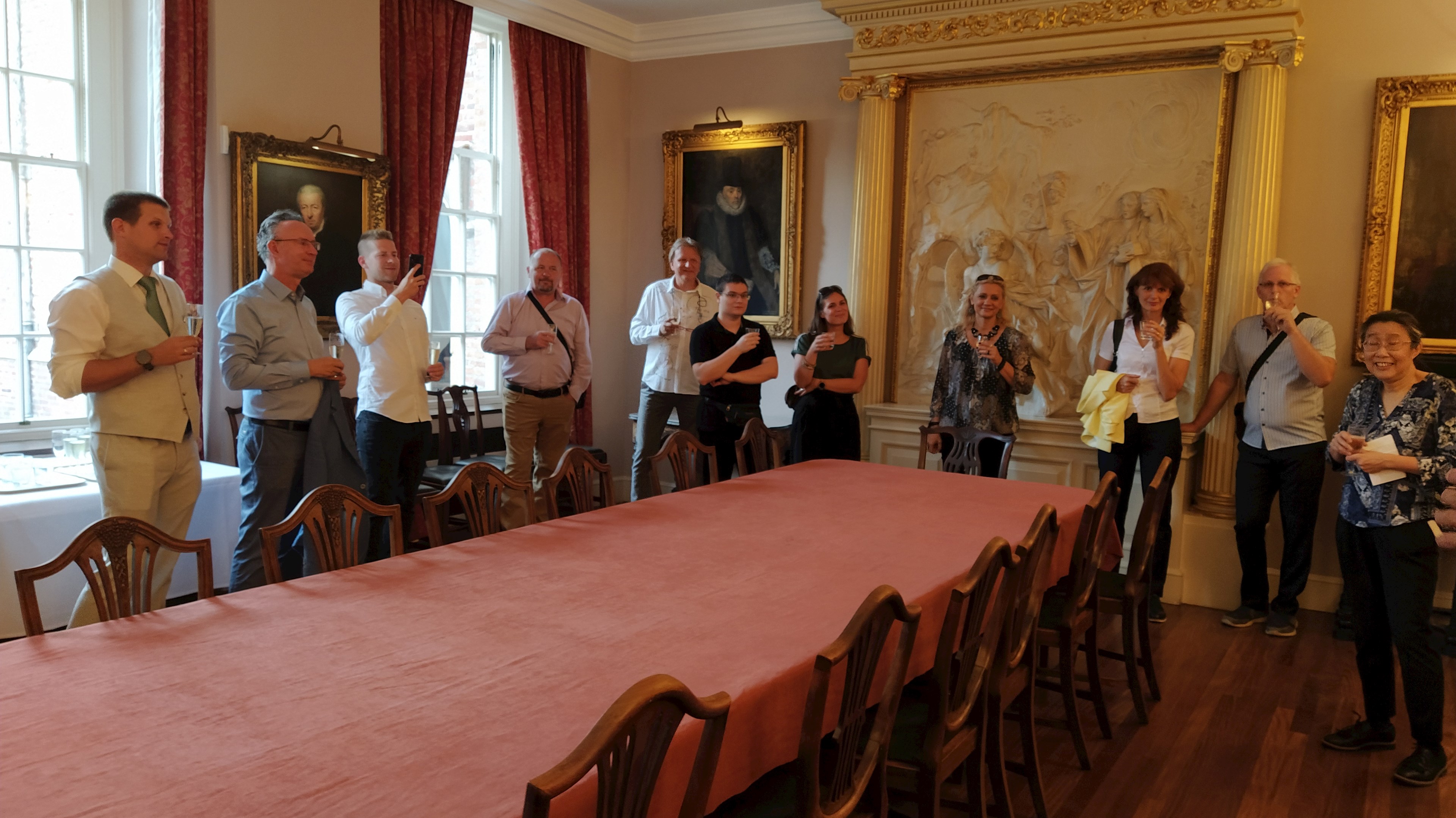
"How has the Profession of Anatomists evolved to inspire medical students of the future?" - Workshop in Cambridge - 08. 2022
The workshop held at the University of Cambridge was a fruitful event that delved into the intricacies of teaching traditions and professionalism. The workshop aimed to provide educators with a comprehensive understanding of historical and contemporary teaching practices at Cambridge University, UK, and Karolinska Institute, Sweden, while also emphasising the importance of maintaining high professional standards.

The first part of the workshop featured a series of lectures and discussions led by esteemed professors from Cambridge University (Professor Paul Wilkinson, Dean, University of Cambridge School of Clinical Medicine and Honorary Consultant in Child and Adolescent Psychiatry, Dr. Stephen Barclay (ethic aspect of the donor program), Dr. Robbie Duschinsky (mental health of student, primary care, ethical context), Dr. Elizabeth Soilleux (“Entry to the Profession”: Scenario-Based Approach to Teaching Professionalism during first-years), Dr. Fiona Cooke (mental health of students), Dr. Roger Petter (student welfare), Dr. Elizabeth Fistein Professional Responsibilities - Course covering: Ethics and Law, Learning and Teaching, Clinical Leadership, Patient Safety, Multi-professional Teamworking and Career Planning). These sessions explored various teaching challenges from different aspects offering the participants a rich tapestry of educational approaches. A significant portion of the workshop was dedicated to the concept of professionalism in education and mental health.
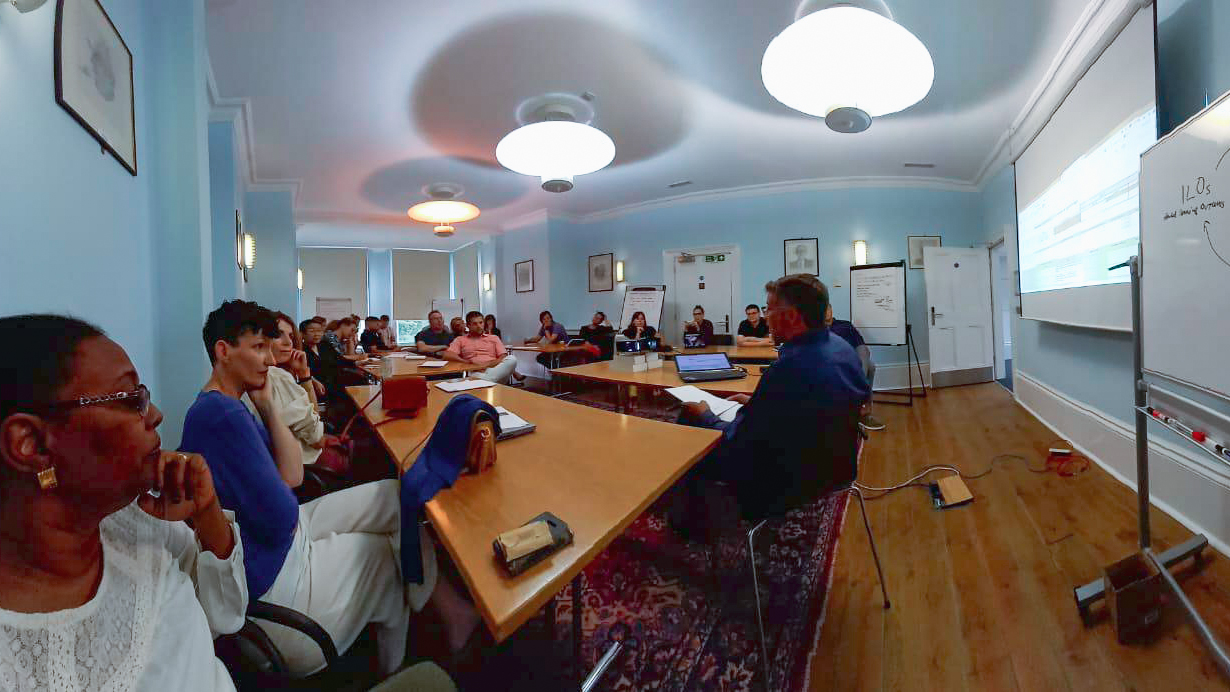
The second part of the workshop was led by experts from Karolinska Institute, on the theme: Rethinking anatomy teaching and learning (led by Dr. Jennifer Valcke and Dr. Amani Eltayb) in accordance with Agenda 2030 of the United Nations. Participants were dealing with dominant and emerging paradigms upon which the discipline of anatomy rests, the cultural differences experienced by international students, as well as the need to align educational standards. How to create an environment where the quality of learning can improve and how teachers and educators can manage cultural diversity. Participants were introduced to methods of learning through SDG4. A broad discussion was about inclusive language, how educators could encourage representation of anatomy across the curriculum, what to consider while contextualising course material for students, and what assumptions and aspirations are there while generating course materials.
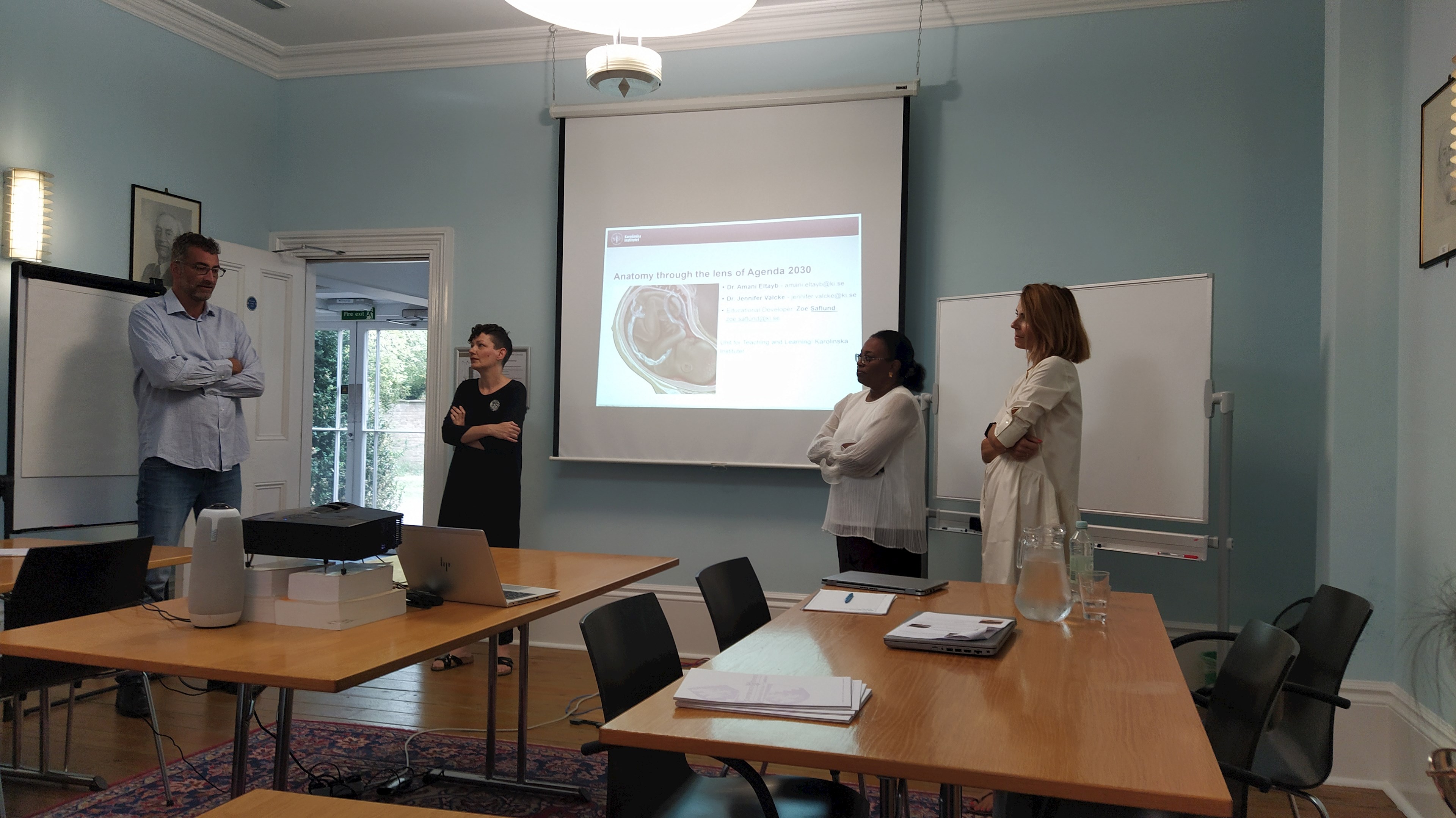
Participants were engaged in interactive sessions that encouraged the exchange of ideas and experiences. These activities fostered a collaborative environment where participants could learn from each other and discuss the practical application of different teaching techniques. Participants were introduced to the term and the narrower meaning of ‘constructive alignment,’ which led them to reflect on the organisation of teaching in their home environment. These sessions were particularly beneficial in helping develop practical skills that one could implement in their own teaching environment.
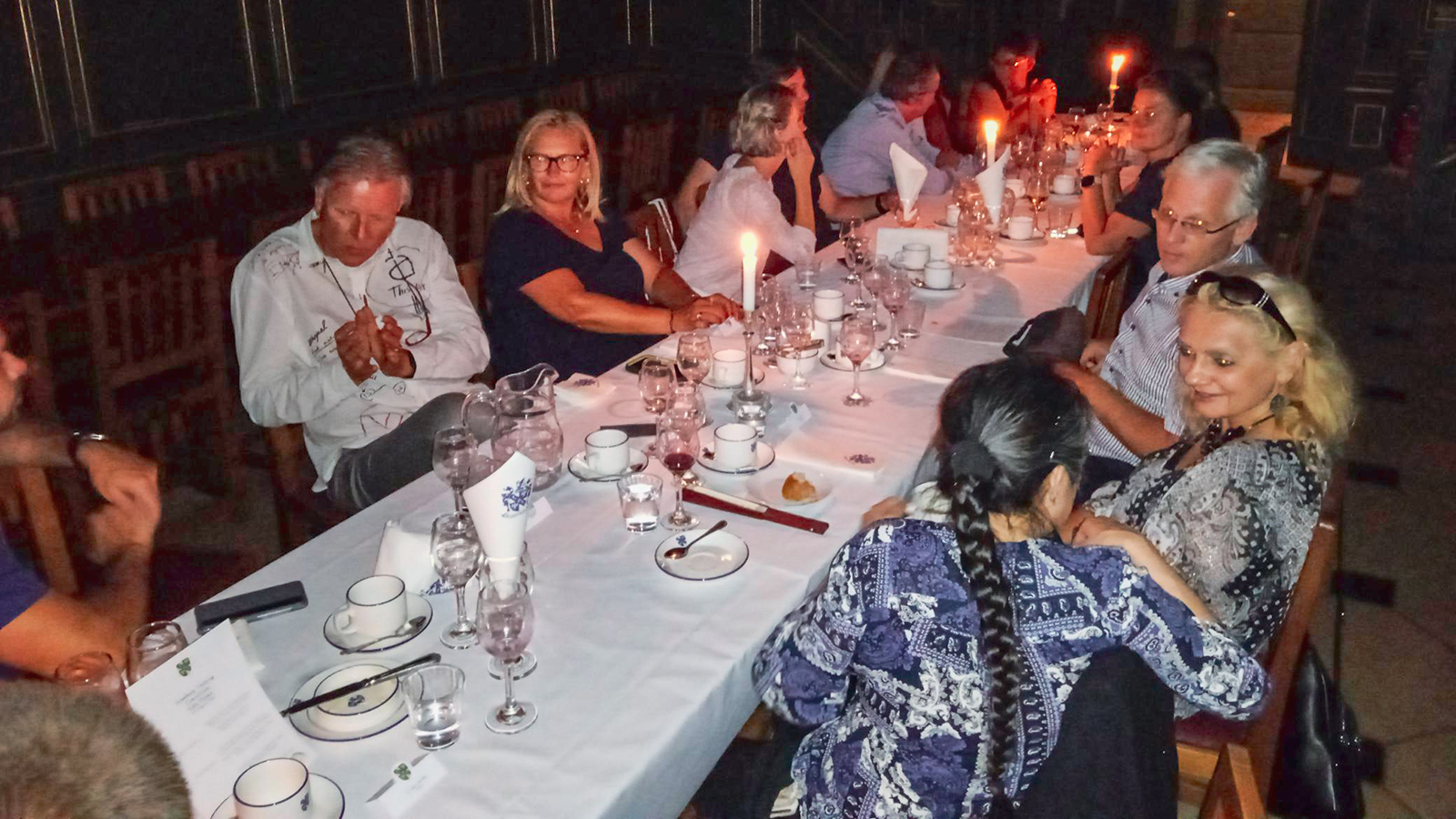
Social programs were organised in Cambridge for the workshop attendees in order to let them learn about important landmarks of the development of modern science, western society, and medicine in general. College and library visits, and cultural guided tours were arranged specifically for LEANbody partners to explore the role of the Christian worldview in scientific progress in Cambridge.
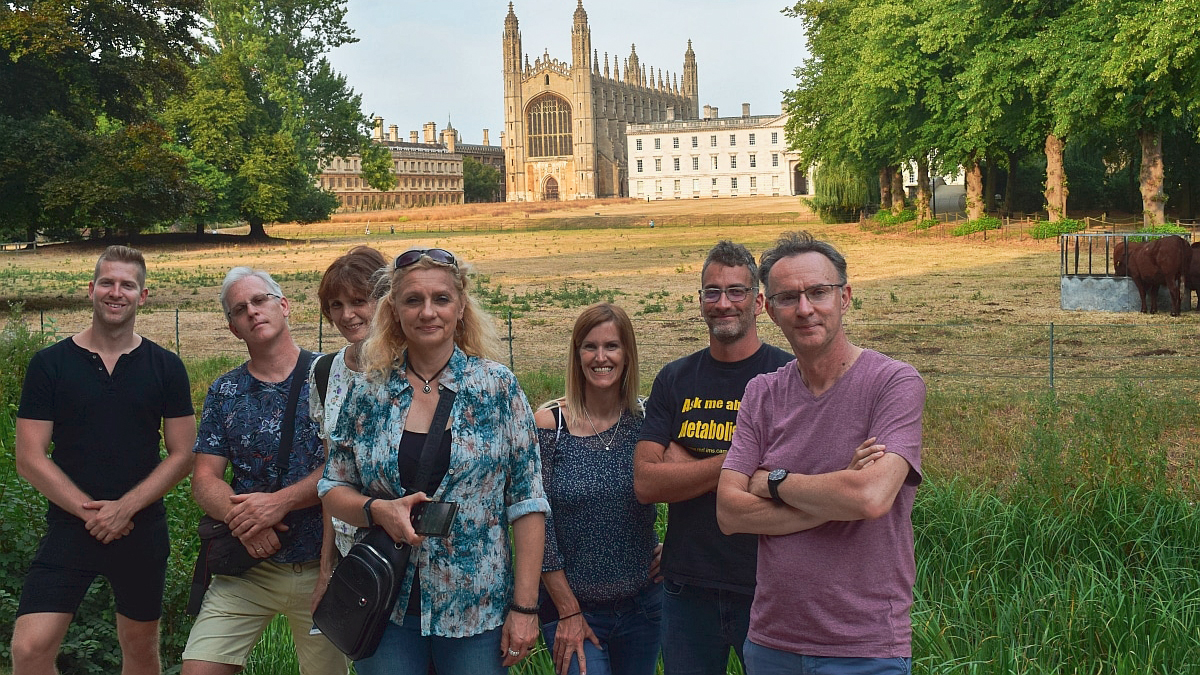
With relevance to the moral grounding of professionalism, anatomists have learned about the story of the abolition of the slave trade by William Wilberforce. His story still inspires us all to improve local regulations, policies, and traditions in our profession so that the human dignity of patients, medical students, and anatomy teachers is fully respected. In hierarchical and highly competitive contexts e.g. in academia, the moral and ethical grounding of decisions is not always clear for all stakeholders and can be neglected, unfortunately.
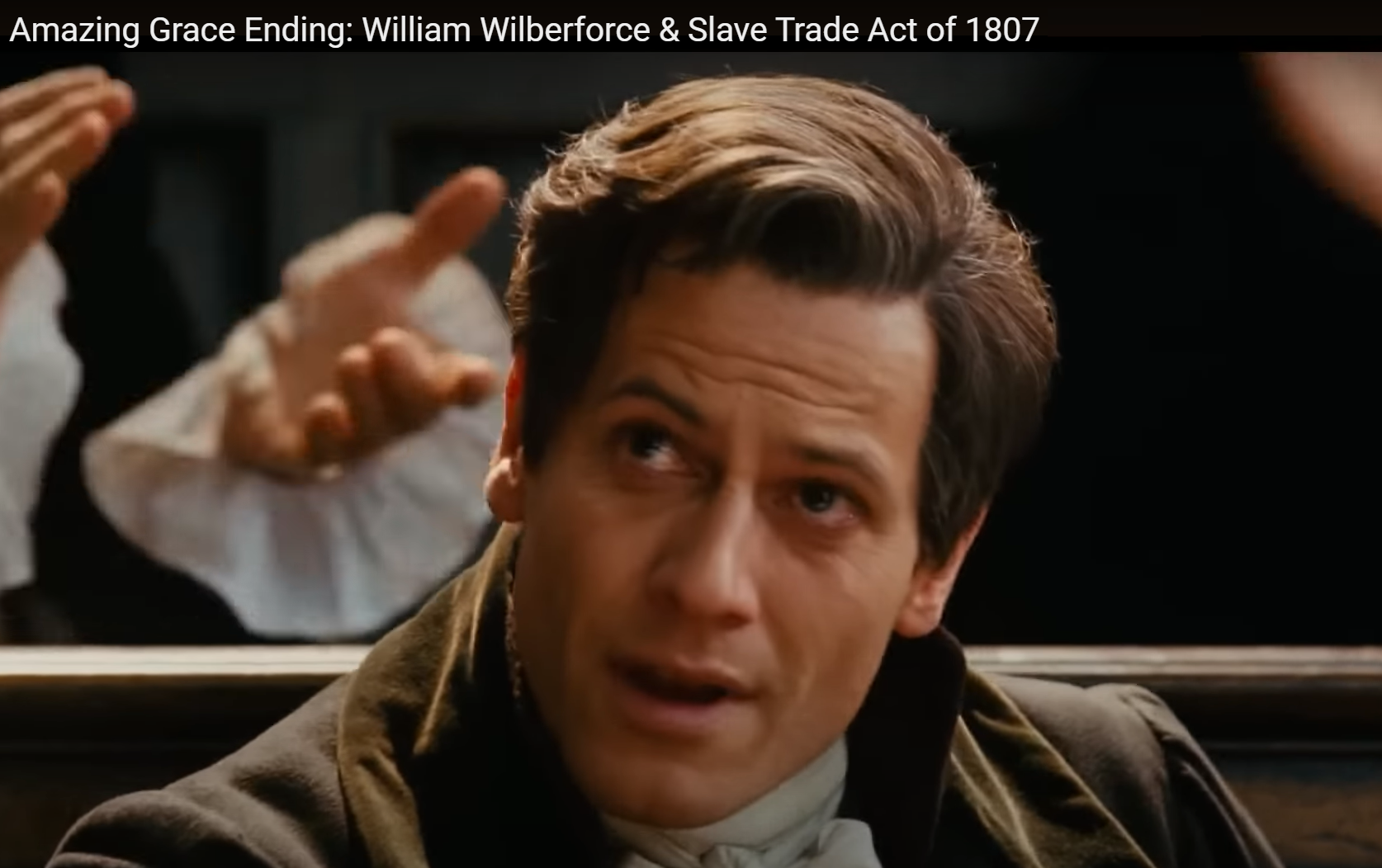
(more about how Wilbeforce's work has impacted society, history, and science is to watch here, or here)
| Attachment | Size |
|---|---|
| agenda_cambridge-workshop_16082022-18082022.pdf | 282.17 KB |



